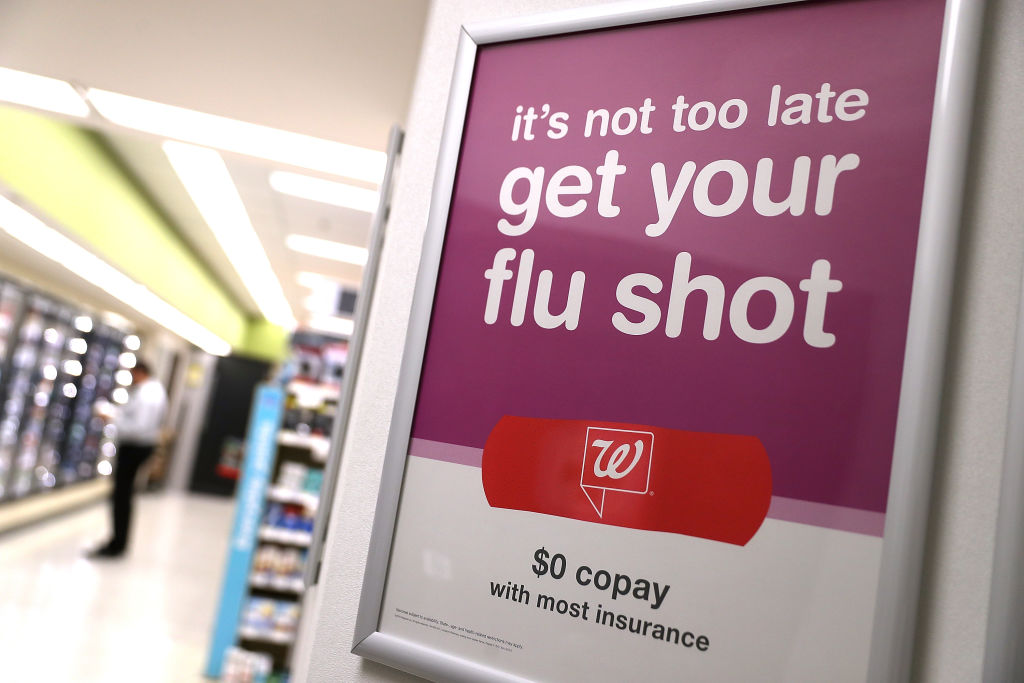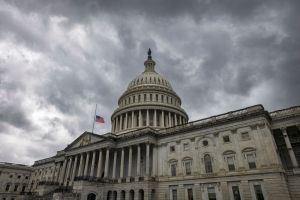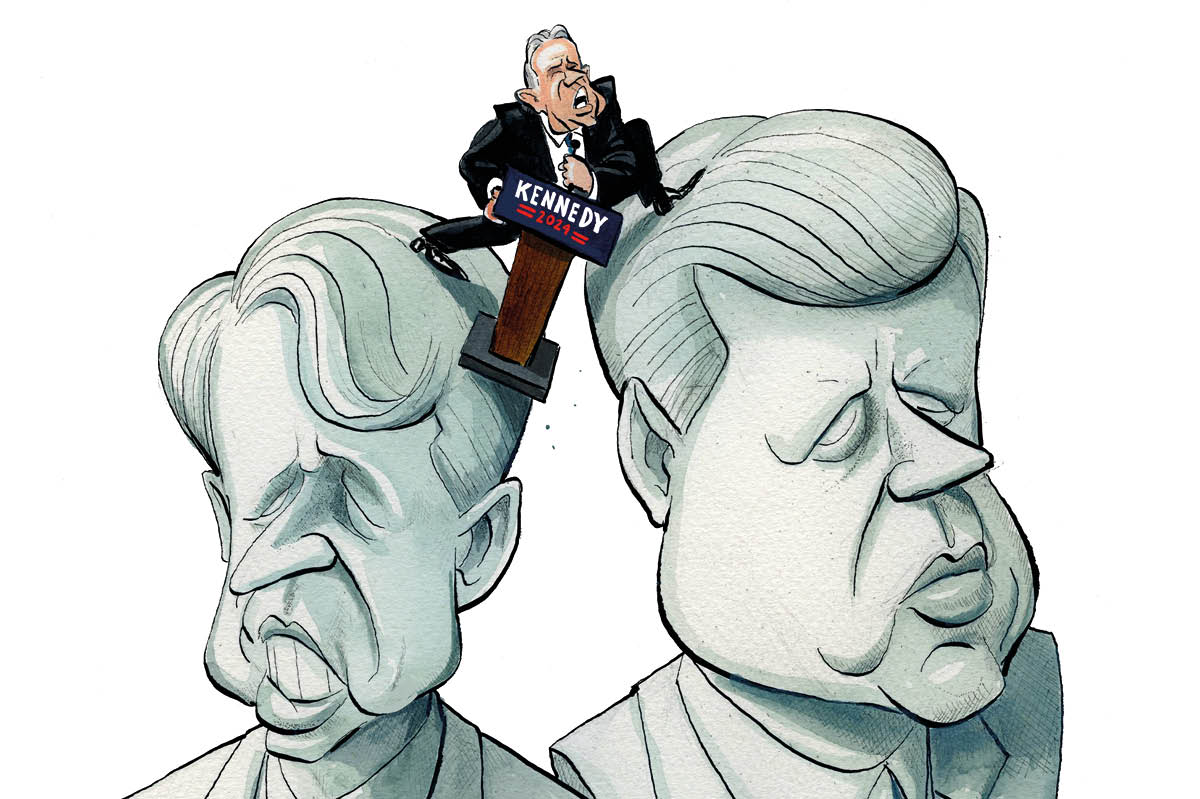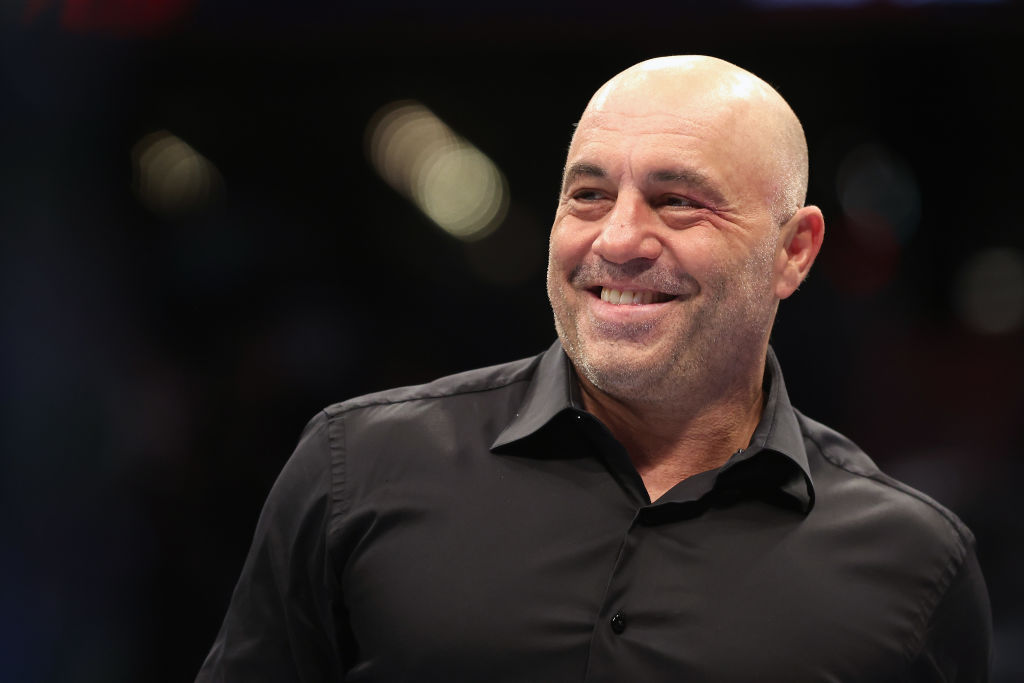Did you make good use of the neatly palindromic 2/22/22?
To refresh your memory, it was a day that turned out be the narrow window between the moment when the evolving “science” suddenly allowed Democratic governors to start lifting their states’ mask mandates, and Vladimir Putin launching his special mission to “protect the people” in eastern Ukraine.
I hope you enjoyed it, because given the way the mainstream media portray the news these days, it may be a while before we’re all allowed our next respite from the seemingly permanent existential crisis that runs as a through-line to our human condition.
In September 1992, back in the relatively halcyon days between the conclusion of Operation Desert Storm and the full majesty of the Clinton presidency, Saul Bellow wrote an article in Forbes titled, “There Is Simply Too Much to Think About.”
The Nobel laureate’s thesis was that Americans were then already staggering under a relentless burden of bad news. Since most people have no real way to influence events, he argued, the best they could hope for was to signal their support for the most widely accepted truths and opinions.
Bellow wrote that such individuals were “naturally for justice, for caring and compassion, for the abused and oppressed, [and] against racism, sexism, homophobia, against discrimination, against imperialism, colonialism, exploitation, against smoking, against harassment.”
The situation today is far worse even than Bellow imagined. Those on the left or in the media (which I treat here as synonymous) issue frequent, increasingly shrill bulletins about the prospect of mankind’s survival. Many of our spectacularly feckless ruling elite seem to do little more than impersonate the anguished protagonists of Gericault’s Raft of the Medusa painting. Despair, tinged with a dose of hysteria, is the new consensus. And this has real consequences.
For our sock-puppet president and his braying sidekick to characterize the events of January 6, 2021 as an existential threat to Western democracy, for instance, isn’t only to risk the sort of legislative overreaction that brought us the post-9/11 security state. It’s in itself dangerously inflammatory.
But even that abject hogwash showed almost Lincolnian eloquence compared to the shameless demagoguery of President Biden’s stigmatizing opponents of his preferred voting laws as somehow following in the segregationist tradition of the late George Wallace. (This is the same Biden, mind you, who once bragged about an award he’d received from Wallace.)
It’s not just our increasingly ludicrous president and his enablers in the media who bombard us with this over-the-top, Manichean rhetoric. We’re all subjected to a dazzling variety of admonitions, appearing in either visual or spoken form, on a daily basis.
Apart from the threats to life as we know it posed by the China flu and the latest Russian adventure, there’s the matter of our increasingly Weimar-like inflation and those associated “supply-chain issues” and other “high-class problems” that characterize our dystopian new normal.
On top of that, there’s the ever-present specter of identity theft, the apparently rampant scourge of sex trafficking, and of course the imminent global apocalypse caused by climate change. Just this week, the Washington Post brought us the latest harrowing news from the Amazon rainforest, which the publication compared to someone leaning back in a chair. “If they don’t tilt too far, they can easily return to having all four legs on the floor. But once they pass the tipping point, they go crashing down.” Oh, my.
Here in Washington State, we once again experienced “historic floods” at the end of February, with whole houses being swept away in muddy landslides. But wait. No sooner was the great clean-up under way than we were being warned that we still faced the “unparalleled crisis” of a life-threatening drought. “The current emergency order is due to expire on June 1, 2022, unless we decide to extend it,” the Washington Department of Ecology announced.
But back to the angst that constitutes the true fabric of modern life. Just randomly scanning the news is enough to send anyone running for a therapist. There’s our national border, porous on the one side, and subject to the whims of the blackfaced Bhangra dancer on the other. Will we yet be blown to bits by terrorists, or atomized when the Blofeld figure in the Kremlin goes nuclear? And speaking of nuclear, what of America’s collective family breakdown, and a society in which our children thrill daily to violent and pornographic images, gorge on junk food and obsessively worship air-headed celebrities?
As a nation, we love to obsess about our health, and every Thursday the billboard above my local Walgreens displays the name of a new, sinister disease: last week Alzheimer’s, this week shingles. Just the other month, the same sign informed me that I should be worried about worrying. Apparently, it increases cortisol levels, or something of the sort. And what, as a society, can we ever hope to do about the plague of homelessness? Twenty years of expensive ballot measures, and the problem gets worse.
Talk about a sea of troubles. These days you can’t even rely on the old standby of America’s summer sport for relief, or at least you couldn’t until the billionaire owners and millionaire athletes finally shook hands this week and graciously allowed us to again pay sixty bucks for our alpine perch at the ballpark.
Most of us worry about personal things: work, relationships, money, health. Some concerns are real, but many are unnecessary. Instead of simply enabling the crisis junkies who harangue us from the podium or lecture us on the tube, why not consider watching a good movie, or reading a book or taking your kid to the zoo? Saul Bellow was right: there really is too much to think about. And so in a different context was the economist Maynard Keynes, with his own well-known, carpe diem aphorism: “In the long run, we are all dead.”

























